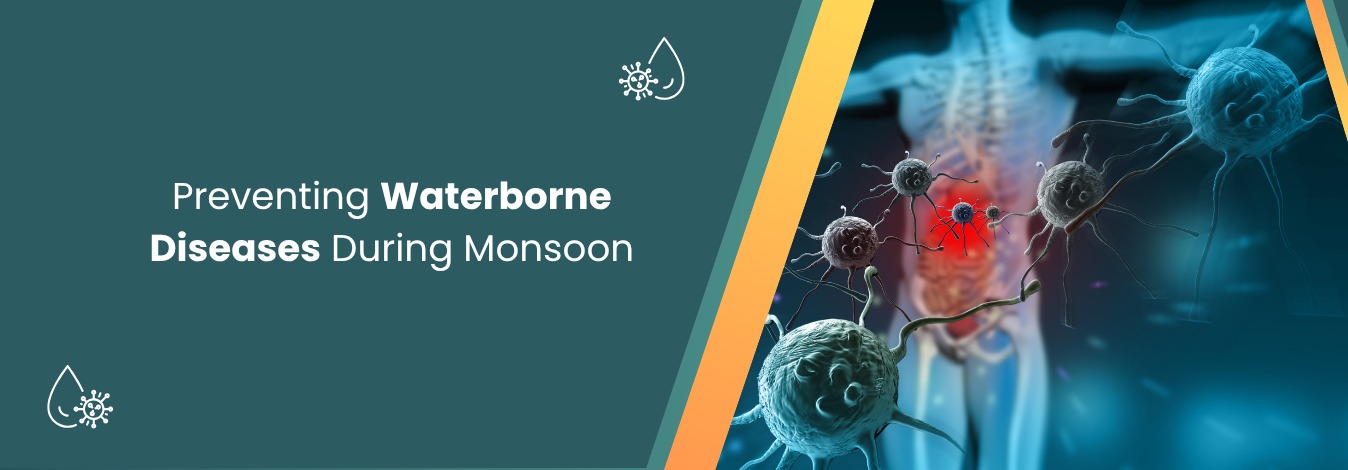Polycystic Ovary Syndrome (PCOS) is one of the most common hormonal disorders affecting women of reproductive age. As we observe PCOS Awareness Month, it is crucial to highlight the importance of understanding its symptoms, fertility implications, and treatment options. Raising awareness helps women seek timely diagnosis and proper care, improving their overall health and quality of life.
What is PCOS?
Polycystic Ovary Syndrome (PCOS) is a hormonal imbalance that affects the ovaries, leading to irregular menstrual cycles, excessive androgen (male hormone) levels, and the presence of small fluid-filled sacs (cysts) in the ovaries. While not every woman with PCOS will have cysts, the condition can still cause significant reproductive and metabolic challenges.
PCOS is a complex condition with genetic, hormonal, and lifestyle-related factors playing a role. It affects nearly 1 in 10 women worldwide, making it a leading cause of infertility.
Common Symptoms of PCOS
PCOS symptoms can vary, and many women may experience them differently. The most common signs include:
Irregular periods – infrequent, prolonged, or absent menstruation.
Excess hair growth (hirsutism) – on the face, chest, or back due to elevated androgen levels.
Acne and oily skin – caused by hormonal imbalances.
Weight gain or difficulty losing weight – especially around the abdomen.
Thinning hair or male-pattern baldness – due to excess testosterone.
Dark patches of skin (acanthosis nigricans) – usually on the neck, armpits, or under the breasts.
Mood changes – increased anxiety, depression, or low self-esteem.
Recognizing these symptoms early can lead to quicker interventions and prevent long-term complications.
PCOS and Fertility Challenges
One of the most significant concerns associated with PCOS is its impact on fertility. Women with PCOS may struggle to conceive due to irregular ovulation or lack of ovulation (anovulation). This can make planning a pregnancy challenging, but it does not mean infertility is inevitable.
How PCOS Affects Fertility
Irregular cycles make it difficult to predict fertile days.
Hormonal imbalance disrupts normal egg development.
Insulin resistance interferes with ovulation and egg quality.
Obesity can worsen fertility outcomes in women with PCOS.
Fortunately, with the right medical treatments, lifestyle changes, and fertility support, many women with PCOS can successfully conceive.
Long-Term Health Risks of PCOS
Beyond reproductive health, PCOS is linked to several long-term health risks, including:
Type 2 diabetes – due to insulin resistance.
High cholesterol and hypertension – increasing cardiovascular disease risks.
Endometrial cancer – irregular ovulation can lead to thickening of the uterine lining.
Obstructive sleep apnea – linked to obesity and hormonal imbalance.
Mental health concerns – anxiety, depression, and eating disorders.
Raising awareness about these risks during PCOS Awareness Month helps women take proactive steps in managing their health.
Diagnosis of PCOS
PCOS diagnosis is based on a combination of clinical symptoms, physical examination, and medical tests. Doctors often use the Rotterdam criteria, which require at least two of the following:
Irregular ovulation or absence of ovulation.
Signs of high androgen levels (excessive hair growth, acne, or blood test results).
Polycystic ovaries visible on ultrasound.
Other conditions such as thyroid disorders, hyperprolactinemia, and adrenal disorders must be ruled out before confirming PCOS.
Effective Treatment Options for PCOS
While PCOS cannot be fully cured, its symptoms can be effectively managed with a combination of lifestyle changes, medications, and fertility treatments.
1. Lifestyle Modifications
Balanced diet – focusing on whole grains, lean proteins, vegetables, and low glycemic index foods.
Regular exercise – improves insulin sensitivity, aids weight loss, and enhances mood.
Stress management – yoga, meditation, and relaxation techniques reduce hormonal fluctuations.
2. Medications
Hormonal contraceptives – regulate menstrual cycles and reduce androgen levels.
Metformin – improves insulin sensitivity and supports ovulation.
Anti-androgen medications – help with excess hair growth and acne.
Fertility drugs (Clomiphene, Letrozole) – stimulate ovulation in women trying to conceive.
3. Fertility Treatments
Ovulation induction – through medications or injections.
Intrauterine insemination (IUI) – assists sperm in reaching the egg.
In-vitro fertilization (IVF) – a viable option for women who do not respond to other treatments.
4. Surgical Options
PCOS Awareness Month: Why It Matters
Every September, PCOS Awareness Month shines a spotlight on this condition, encouraging women to recognize symptoms, seek early diagnosis, and explore available treatment options. The campaign also promotes community support, education, and research to improve the lives of women living with PCOS.
By spreading awareness, we can empower women to take charge of their reproductive and overall health, breaking the stigma around menstrual and hormonal disorders.
Living with PCOS: Self-Care and Support
Managing PCOS requires more than just medical treatments; it involves adopting a holistic approach to health and well-being:
Join support groups – sharing experiences with others can reduce feelings of isolation.
Track menstrual cycles – apps and journals can help monitor ovulation patterns.
Seek mental health support – counseling or therapy can address anxiety and depression.
Stay informed – following reliable health resources ensures updated knowledge on new treatments.
Conclusion
PCOS is a complex condition that affects millions of women worldwide, impacting not only reproductive health but also long-term wellness. Through awareness, lifestyle changes, medical support, and fertility treatments, women with PCOS can lead healthy and fulfilling lives.
This PCOS Awareness Month, let us work together to educate, support, and empower women to take control of their health and future.
Frequently Asked Questions About PCOS



